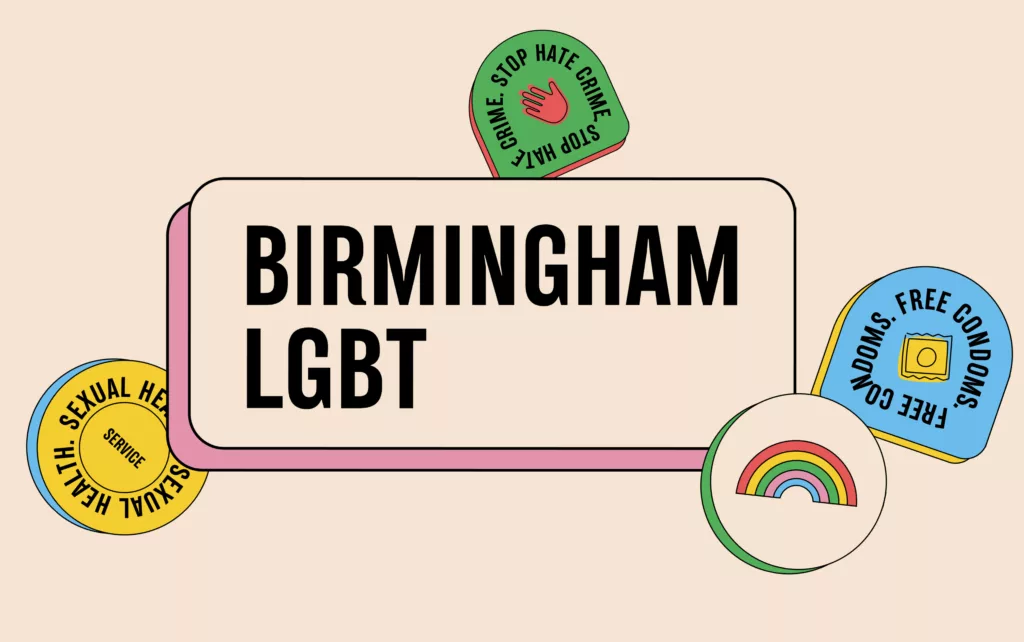I have been raised in a culture where I was constantly reminded of how fair my brown skin was; and how lighter skin was more desirable than darker skin.
I still remember the coarse feeling of my grandmother trying to rub my face with her chunni (a long Indian head scarf). It one of my earliest and in later life fondest memories from my childhood. I asked my mother many years later why my Grandmother would do this; she explained that it was because I was very fair in colour and that my rosy cheeks really stood out. When I talk about these memories with my mother, she chuckles and often grabs my rosy cheeks and says “you are my ‘gora’ (white) golden child”. The Punjabis, I know, love their gold and fair skin.
When I used to talk to my mother about my anxieties about trying to be my authentic ‘gay’ self and the fear of others attacking me (us) verbally or physically because of my sexuality, she would talk about how, when she came to the UK, there was this idea of safety in numbers.
When I first came out, it was suggested that I move to London and that they will tell everyone I am not ready for marriage; and that I would fit in well with the ‘white’ community because I was so ‘westernised’ already. Colour of my skin was once again referred to. But I did not want to be a family secret and for it all be explained away as convenient truth to the local Punjabi community. I was a British born Indian with light brown skin that would go (and still does) a beautiful dark brown colour in the summer.
Due to marriage pressures, avoiding weddings and parties became a thing for me, and the gay scene became a new thing and a place to socialise freely; albeit ‘white’ people would fetish over my fair brown skin a lot, and ask me where I was from – a lot.
One of my first experiences was going to vibrant gay bar on Hurst Street for a drink. I remember seeing another ‘brown-ish’ person on their own (possibly South American) and after a short while I plucked up the courage and asked if they would like a drink. The response was bizarre and rather peculiar. The brown-ish person mumbled two words of English and then said a few more in another language and stormed off, swinging their desirable trendy bag over their shoulder. Charming I thought. I quickly finished my drink and left. I could feel the anxiety and whisky rising in my face – probably depositing on my now red rosy cheeks. I chuckled as I left and thought about my Grandmother.
Over the next few weeks I was trying to overcome my fears and decided to go back on the gay scene and try a few more bars. I headed to another gay bar but it looked less friendly from the outside. As I was walking to the entrance of this foreign new bar, I saw a handsome white guy outside. He came stumbling towards me (I thought my luck was in) but he came up to me angrily, right up to my face and shouted “We don’t want your sort here! You only want our men!” and told me to “f*** off!”.
I didn’t have the immediate courage to ignore him and felt very hurt. In an instant it reminded me of the days Indian men were being beaten up white racist Teddy Boys and Skinheads my mum used to warn me about. I walked away and flagged down a black cab, and once I was safely away, I slowly started to cry. The taxi man asked if I was okay and I said “No! Please can you take me back”. I confidently got out the black cab and the guy was still outside this new gay bar. He decided to hurl verbal abuse at me again. I decide to brush past him, ignore him and went straight into this new gay bar and it was fab! The first thing I noticed were all these white men gawping at me, probably at my fair brown-skinned face and red rosy cheeks.
I told my mother about the experience and she said to stay safe and stick to people you know and “… do you have to go to a gay bar?” I replied and explained “… do you wish me to go to the pubs where all the Indian men go, where I can’t be myself, or rather go to places where there is safety in numbers?” She replied “Go where you feel safe and you can be yourself, my beautiful ‘gora’ (white) golden child”.

